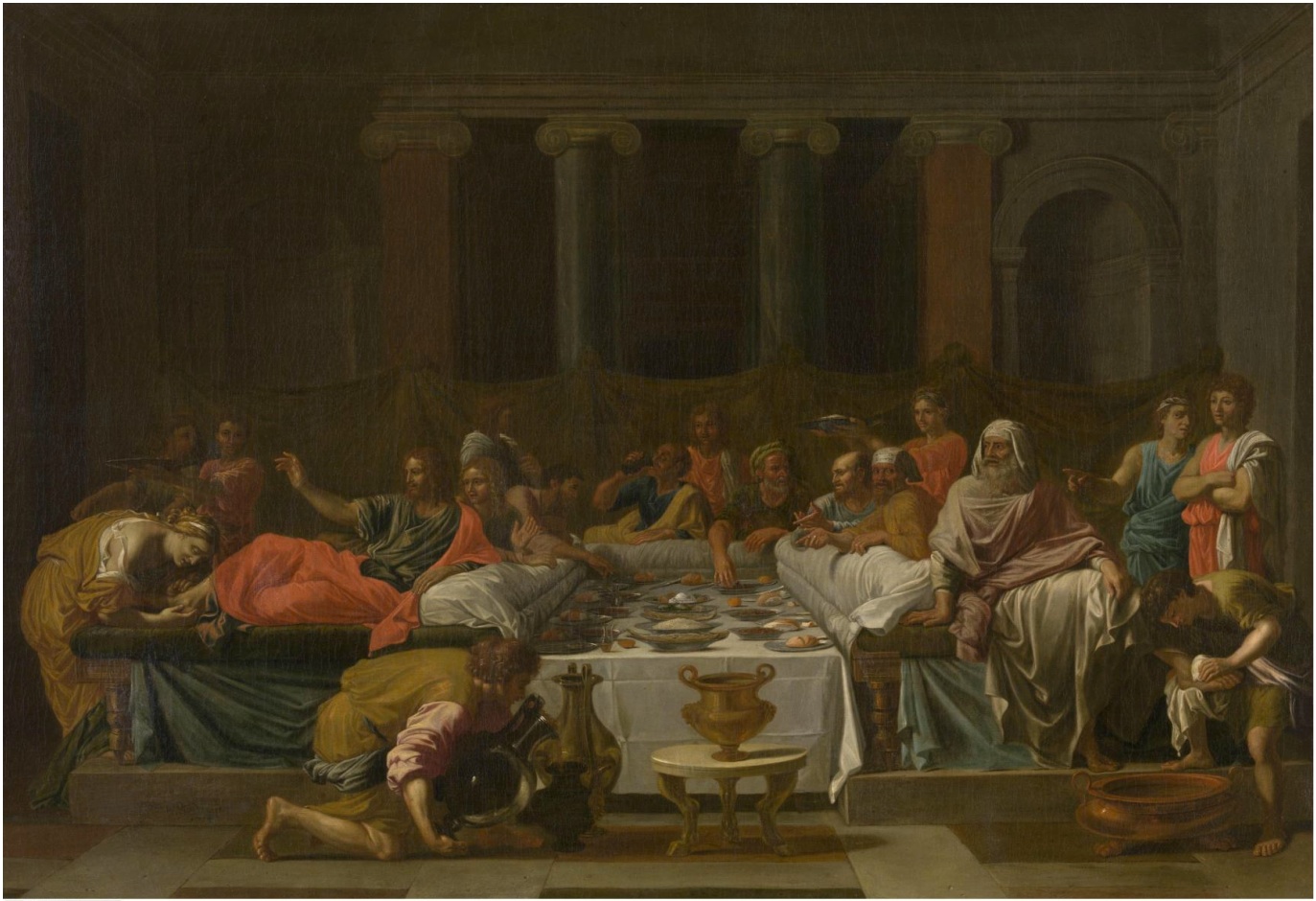
@johnvinod | March 22, 2021
In an unending series of racial violence and hate crimes, the latest to break our hearts is a young Christian man in Georgia, USA, last week. He went on a killing spree, especially targeting Asian women. One of his victims was a single mother of South Korean descent, Hyun Jung Grant, who was raising two young boys working hard in a spa. As the followers of Christ, we cannot overlook this when members of our own families and churches pick up guns and go around destroying innocent families and leaving young orphans in its aftermath. Let us, therefore, read today Luke 10: 25-37.
One of the reasons, racial violence and hate crimes go on unabated in the majority Christian countries, targeting people of color, is because our churches have not been bold enough to teach or preach on the issues of racism and ethnocentrism. Not just churches, but it is rare to find among the luminaries of western theologians, in the past centuries, who have included the issues of racism or colonialism in their theological treatises. The reason is simple: it was not an issue they had to deal with.
However, reading the gospels, we come across Jesus who was born, raised, and ministered during the Roman colonization of Israel. Even within Israel, he was aware of the racial intolerance among the Jews, the Gentiles, and the Samaritans. Therefore, Jesus made it his business to address the issue of racial discrimination and hatred throughout his ministry. One such teaching is in today’s text in Luke 10: 25-37. It is a familiar parable of Jesus found only in Luke’s gospel. Everything in his story was going normal until Jesus introduced a Samaritan. The lawyer who was testing him, Jesus’ disciples, and the those who were listening in were all Jewish people and they did not anticipate that Jesus, being a Jewish guru, would show the Samaritan in the limelight as he did.
Imagine the predicament of the lawyer. He had to answer Jesus’ probing question after listening to the shocking parable of the Samaritan who showed compassion and mercy to the Jewish man, he had found laying wounded on the side of the road. The lawyer knew the honest answer to Jesus’s question, “Which of these three, do you think, proved to be a neighbor to the man who fell among the robbers?” (Luke 10: 36). However, he could not bring himself up to openly say, “the Samaritan”! His prejudices of the Samaritan people would not permit him to agree with Jesus’ proposition that a Samaritan would demonstrate how to value human life in need, irrespective his ethnic differences with the needy. He did not expect the Samaritan man to come out as the hero of the story because he had always stereotyped them as evil and unclean people who would never do good for the Jewish people. It was Jesus’ purpose to shatter such prejudices and stereotypes about the other.
Jesus dumbfounded not only the lawyer, but each of us today who reads this story by saying, “You go, and do likewise” (Luke 10:37 ESV). This parable forces listeners to decide what they should be doing. Do like the Samaritan, not like what your own people are doing. The lawyer had asked Jesus what he should do, Jesus told him exactly what to do, i.e., get in the habit of demonstrating your mercy like the Samaritan did for the needy and wounded people on the margins of your busy life. Permit such people often to interrupt and pause our schedules and business as usual rut. So that we may reach out to them to be good neighbors irrespective of their color of skin, physical appearance, social status, or ethnic background.
To “what must I do,” even today Jesus replies: “Go, and do likewise,” as the Samaritan man did. May we choose to follow Jesus Christ.


















